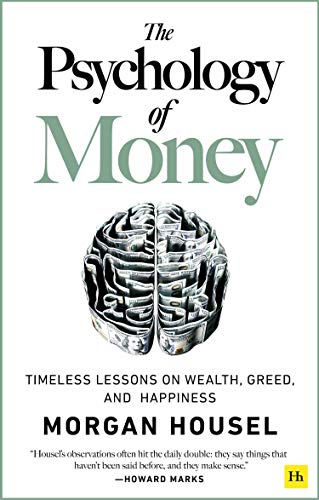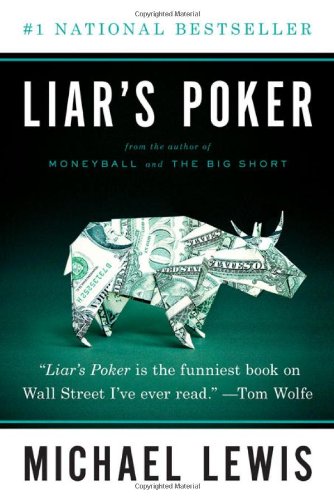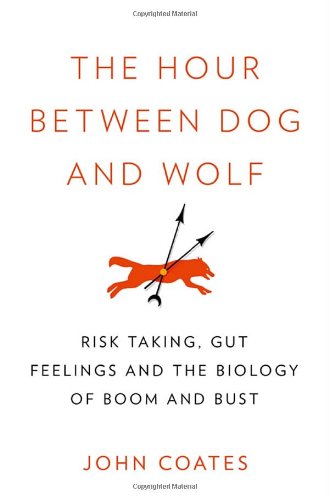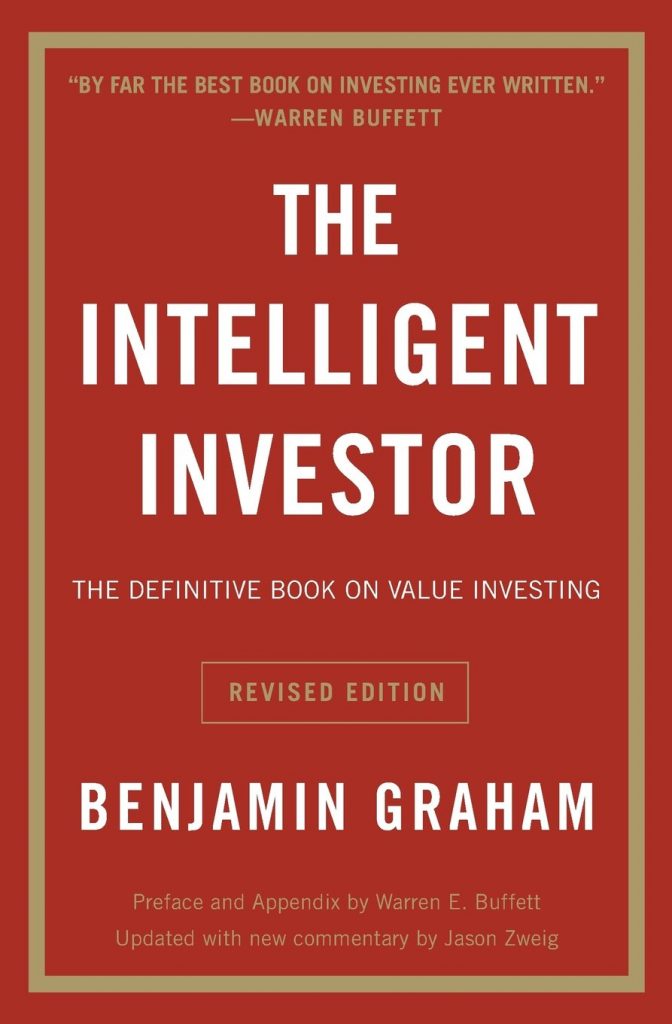In the eyes of many, financial success is determined by your level of education and work experience. Morgan Housel’s 2020 book, The Psychology of Money, aims to reverse this idea and focuses instead on 19 financial concepts not found in your typical finance textbooks. These principles reflect how human emotions and instinct dominate decision-making within the investing world, and ultimately dictate the success of personal investing and global markets.
The Psychology of Money uses each chapter to present a lesson on financial behaviour, consistently emphasizing that “doing well with money has a little to do with how smart you are, and a lot to do with how you behave.” He backs this thesis up with several stories, including that of Ronald James Read and Richard Fuscone.
Read worked as a gas station attendant and a janitor throughout a 42-year career. Most of his earnings were invested in blue-chip stocks, which, upon his death, resulted in an $8 million estate dedicated to his kids and his local hospital and library. On the other hand, Fuscone, who graduated from Harvard University and served as a top executive at Merrill Lynch, retired in his early 40s and went bankrupt during the 2008 financial crisis, losing most of his wealth.
This story and Housel’s other examples amplify the message that a prestigious education is not a requirement to gain financial success. The anecdotes also point to a recurring theme in the book: that time is the largest element in investing. It can take years for time to help your fortune grow, and seconds for it to be wiped away. How you behave with your money dictates how time will affect it.
The Psychology of Money argues that finance is not a hard science; no formulas or procedures can precisely calculate the pathway to success. That’s because the psychology that plays into finance is a dynamic variable that makes economic outcomes unpredictable. The health of financial markets heavily depends on how people will react to changes in market conditions just as much as the changes themselves. Consequently, how you act as an individual investor and how others around you invest impacts you far more than a change in interest rates.
Housel’s simple yet effective vocabulary makes The Psychology of Money a great read for anyone interested in learning valuable lessons about financial behaviour. Through anecdotes, analogies, and research, Housel encourages reflection and awareness regarding people’s relationship with the financial markets and investing in an engaging way.





